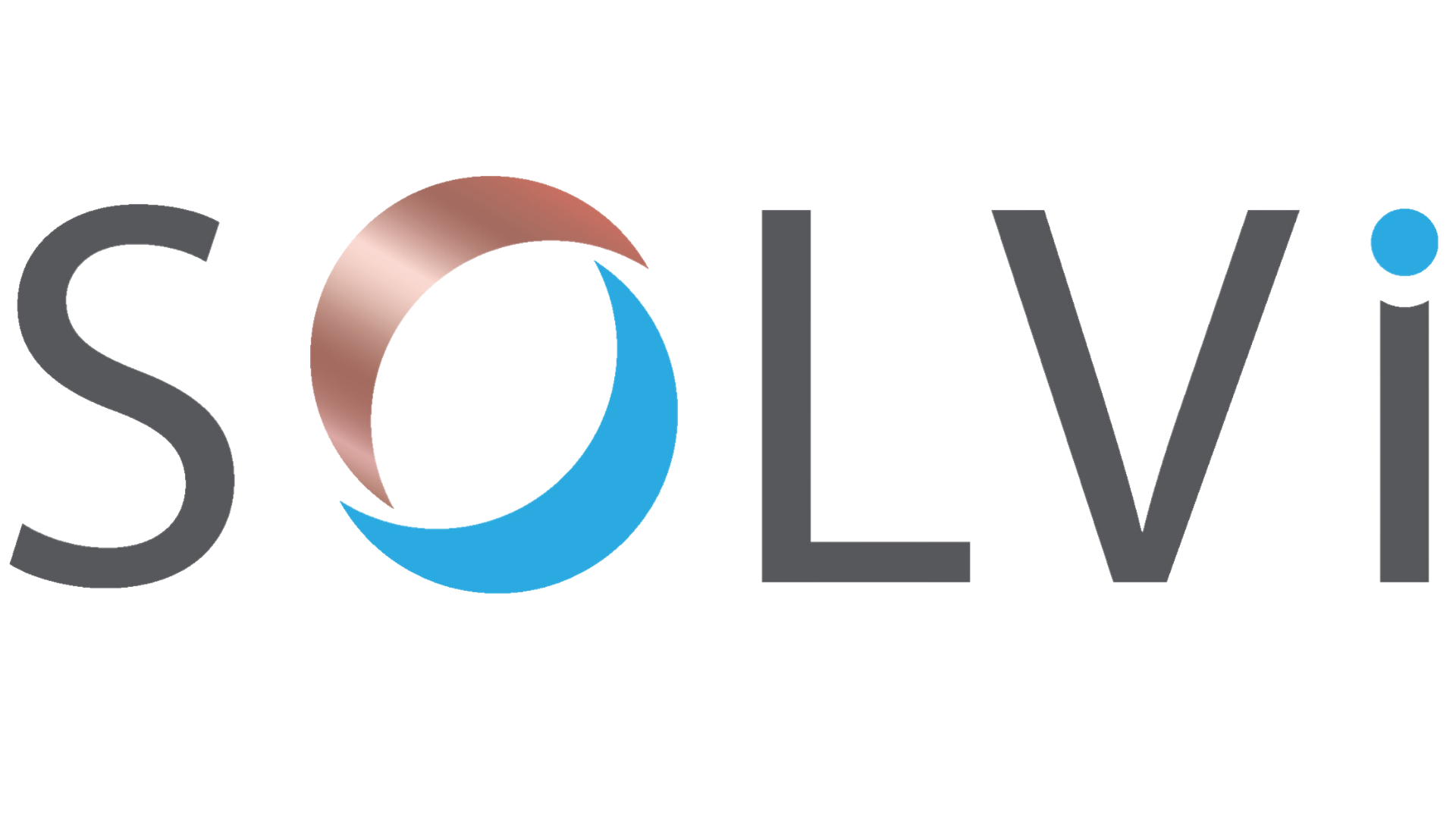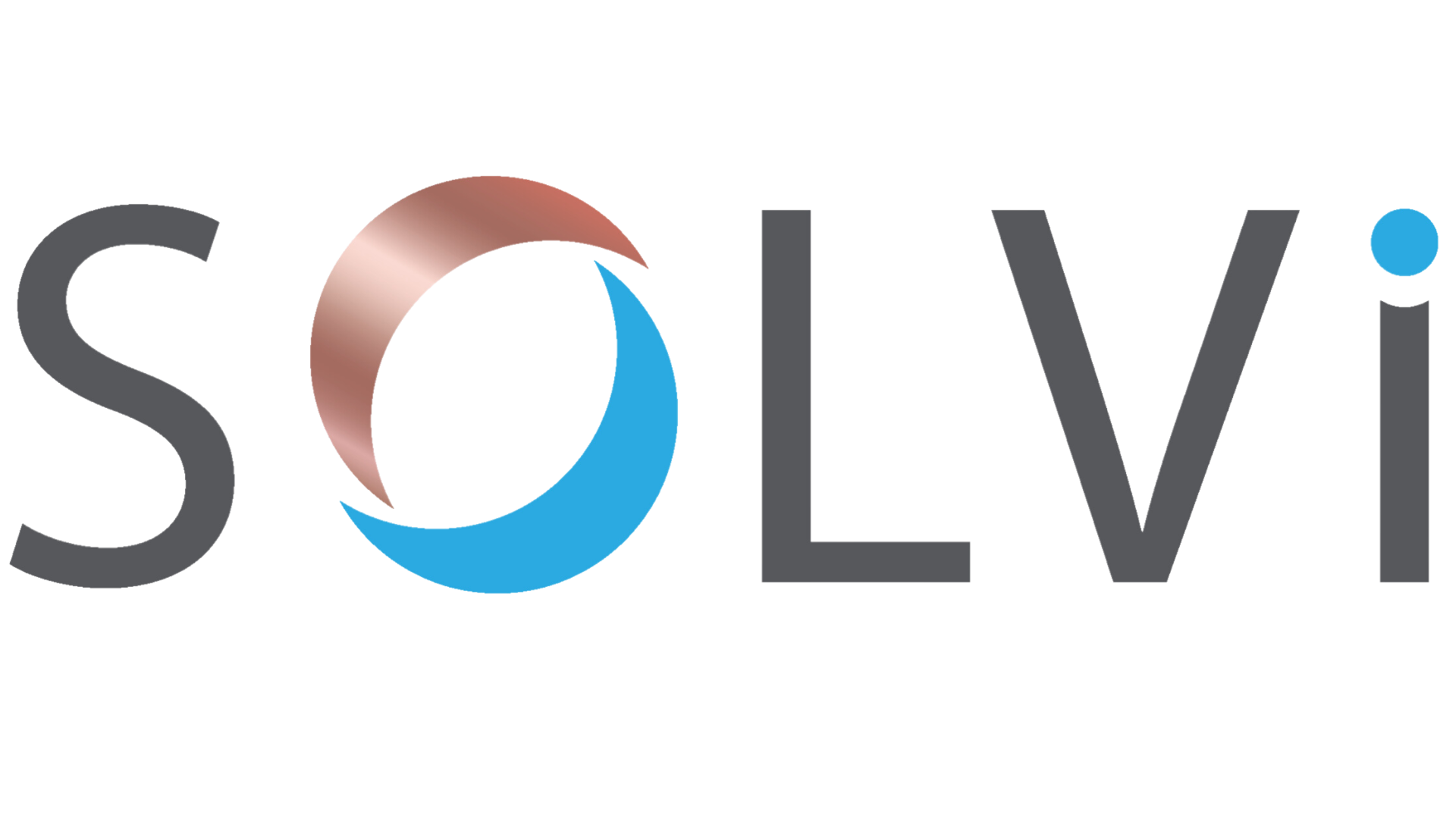Australia is a great place to live and work. Our passion is to help Registered Nurses living overseas to work and experience the great Aussie lifestyle. However, navigating the complexities of migrating to Australia can be daunting.
SOLVi Migration has been assisting nurses to gain registration and successfully migrate independently. Our dedicated team of legal experts specialises in guiding overseas registered nurses through the intricate visa and registration processes, ensuring a smooth transition to working in Australia.
We are committed to providing personalised support every step of the way, from initial eligibility assessments and visa applications to professional registration and employment advice. Trust us to help you achieve your dream of a rewarding nursing career in Australia.

VISA’S WE CAN HELP WITH

Employer Sponsored

Skilled Independent
MAKING AUSTRALIAN MIGRATION EASY

Migrating to Australia as a Nurse Over 45: Your Options
Australia's healthcare system continues to face a critical shortage of skilled nurses, and the demand for qualified healthcare professionals is only increasing, particularly in regional and remote areas. While many internationally qualified nurses are eager to migrate and contribute to Australia’s healthcare system, those over the age of 45 may wonder if age will prevent them from making the move.
The short answer is: no, age doesn’t completely shut the door to migration—but it does mean you need to navigate specific visa pathways that accommodate older workers. If you’re a nurse over 45, read on to learn about the options available to you and how to pursue your goal of migrating to Australia.
Understanding the Age Limitations in Australia's Skilled Migration Program
In most of Australia's general skilled migration pathways—such as the Skilled Independent Visa (Subclass 189) and Skilled Nominated Visa (Subclass 190)—there is a strict cut-off age of 45. This means that if you're over 45, you are no longer eligible to apply for these visas. The points-based system used to assess applicants simply does not award any points for age once you’ve passed your 45th birthday.
For nurses over 45, this can feel discouraging, but don’t worry—there are other pathways specifically designed for older workers who possess critical skills, like nursing.
Option 1: Employer-Sponsored Visas for Nurses Over 45
The most viable pathway for nurses over 45 is through employer sponsorship. This option allows Australian employers, especially those in high-demand industries like healthcare, to sponsor skilled workers from overseas to fill critical positions. Two key visas fall under this category:
Temporary Skill Shortage (TSS) Visa (Subclass 482)
Employer Nomination Scheme (ENS) Visa (Subclass 186)
Temporary Skill Shortage (TSS) Visa (Subclass 482)
The TSS Visa (Subclass 482) is a temporary visa that allows Australian employers to sponsor skilled workers for positions they cannot fill with local talent. This visa has three streams: Short-Term, Medium-Term, and Labour Agreement. Nurses typically fall under the Medium-Term stream, which allows you to stay and work in Australia for up to four years.
For nurses over 45, the TSS Visa offers a temporary solution without an age limit. However, if your goal is to stay in Australia permanently, you’ll want to consider how this visa can transition to permanent residency.
Employer Nomination Scheme (ENS) Visa (Subclass 186)
The ENS Visa (Subclass 186) is a permanent residency visa for skilled workers who are sponsored by an Australian employer. For nurses who start on a TSS Visa, after two years with the same employer, you can transition to permanent residency through the Temporary Residence Transition (TRT) stream of the ENS Visa.
However, and this is critical—**you must be under 45 at the time of application** for the ENS Visa (Subclass 186). There are very few exemptions to this rule, and unfortunately, nurses do not benefit from the age exemptions granted to certain other occupations, such as medical practitioners.
So, what can nurses over 45 do if they want permanent residency but don’t meet the age requirement for the ENS Visa? That’s where Designated Area Migration Agreements (DAMAs) and other alternatives come into play.
Option 2: Designated Area Migration Agreements (DAMAs)
For nurses over 45, Designated Area Migration Agreements (DAMAs) offer an excellent pathway to both temporary and permanent residency in Australia. DAMAs are special agreements between the Australian government and specific regional areas experiencing acute labour shortages. These agreements provide concessions to standard visa requirements, including age limits.
Age Concessions under DAMAs
DAMAs allow employers in designated regional areas to sponsor overseas workers under more flexible conditions than the regular skilled migration pathways. One of the most important concessions for nurses over 45 is the age concession. This means that even if you're over the age of 45, you can still be sponsored for either a Temporary Skill Shortage Visa (Subclass 482) or a Permanent Employer Sponsored Visa (Subclass 186) under a DAMA.
Regions with DAMAs include parts of the Northern Territory, South Australia, Western Australia’s Goldfields, Victoria’s Great South Coast, and other regional areas. These regions are in desperate need of healthcare professionals, so nurses are often high on the list of occupations eligible for sponsorship under a DAMA.
With a DAMA, not only can you receive an age concession, but you may also have concessions on other visa requirements, such as English language proficiency and skills assessments. Importantly, DAMAs provide a pathway to permanent residency, which may not be available through the regular TSS Visa route.
Option 3: Global Talent Visa
For highly skilled nurses in specialist fields, another option to consider is the Global Talent Visa Program. This visa is designed for individuals with outstanding achievements in their field who can make a significant contribution to Australia’s economy and society.
While the Global Talent Visa is typically reserved for applicants in sectors like technology, engineering, and medicine, nurses who have demonstrated exceptional skills in their area of specialisation may still be eligible. For example, nurses who are leaders in research, policy, or clinical practice at an international level could apply under this program.
Unlike other skilled migration visas, the Global Talent Visa does not have an upper age limit, making it a viable option for older nurses who meet the strict criteria.
Option 4: Partner Visa
Lastly, if you have an Australian citizen, permanent resident, or eligible New Zealand citizen as a partner or spouse, you may be able to migrate to Australia through the Partner Visa.
The Partner Visa (Subclass 820/801 for onshore applicants, or Subclass 309/100 for offshore applicants) allows partners of Australian citizens, permanent residents, or eligible New Zealand citizens to live in Australia and eventually gain permanent residency. Unlike skilled migration visas, there are no age restrictions for the Partner Visa.
While this visa is not tied to your nursing profession, it provides a pathway for nurses over 45 who want to move to Australia and potentially continue their career in healthcare once they arrive.
Conclusion: Finding the Right Path for Nurses Over 45
Migrating to Australia as a nurse over 45 may come with more challenges than for younger applicants, but with the right approach, it is still very possible. By focusing on employer-sponsored visas, DAMAs with age concessions, or alternative pathways like the Global Talent Visa or Partner Visa, you can achieve your goal of living and working in Australia.
If you're over 45 and interested in migrating to Australia, it’s crucial to seek professional advice to explore the best visa options for your unique situation. At SOLVi Migration, we specialise in helping healthcare professionals navigate the complex migration process, and we’re here to guide you every step of the way.
Reach out today to book a consultation, and let’s work together to get you closer to your Australian dream.
✅ Book a paid legal consultation with SOLVi Migration today.
We’ll assess your situation and give you a clear legal strategy to migrate independently to Australia.

✅ Need help with AHPRA registration? Join our Nurse Registration Course.
Get cost-effective, expert guidance and access to a supportive community so you can secure your AHPRA registration and move forward with your migration plans.
FAQS
What qualifications do I need as a nurse to migrate to Australia?
Generally, you will need a nursing qualification that is recognised in Australia, such as a bachelor’s degree in nursing or an equivalent qualification. You will also need to meet registration requirements with the Australian Health Practitioner Regulation Agency (AHPRA).
What is the process for registering as a nurse in Australia?
To practice as a nurse in Australia, you must be registered with AHPRA. The process involves submitting an application, providing proof of your qualifications and professional experience, and meeting English language requirements. Our team can assist you with this process - Read More.
Will I need a skills assessment?
Yes, most visa applications for nurses require a skills assessment conducted by the Australian Nursing and Midwifery Accreditation Council (ANMAC). This assessment ensures your qualifications and experience meet Australian standards. We can assist you with preparing and submitting your skills assessment application. Read more ...
What are the English requirements?
Depending on the pathway you gain registration and what visa pathway you take, the English requirements can vary from Competent to Proficient levels of English. Read More ...
What if me or my family has a health condition?
If you or a family member has a health condition, it is important to have the possible impact on your migration assessed by a professional before you submit any visa application. The Department of Home Affairs will require health assessments to ensure the condition does not pose a significant cost or burden to the Australian healthcare system. We can help you understand the implications and prepare the necessary documentation. Read more ...
What if me or my family have a character issue?
Character issues, such as past criminal records, must be disclosed in your visa application. The Department of Home Affairs assesses character issues on a case-by-case basis. We can provide advice on how to address these issues and the potential impact on your application.
Are visa fees refundable?
Visa fees are generally non-refundable, even if your application is refused or withdrawn. It is crucial to ensure your application is complete and meets all requirements to avoid losing your fee. Our team can help you prepare a strong application to minimise the risk of refusal.
What if I've been refused a visa in the past?
If you have been refused a visa in the past, it is essential to understand the reasons for the refusal and address them in any new application. We can review your previous refusal and advise on the best course of action to improve your chances of success.
Can I bring my family with me?
Yes, many visa types allow you to include eligible family members, such as your spouse or partner and dependent children, in your application. We can advise on the requirements and process for including your family in your migration plans.
Can't you find my a sponsor to pay for everything?
While some employers may offer sponsorship, which can cover visa and relocation costs, it is important to understand the conditions tied to employer-sponsored visas. Also worth noting, a sponsor is not legally required to pay your application fees. These conditions can include staying with the employer for a certain period. We can help you explore your options and find the best pathway for your situation. Read more ...
How long will the process take?
The processing time for visa applications can vary depending on the type of visa and individual circumstances. Generally, it can take from a few months to over a year. Our team will provide an estimated timeline based on your specific situation and keep you updated throughout the process.
What are the costs of migrating?
Costs can include visa application fees, skills assessment fees, and potentially relocation expenses. The exact costs will depend on the visa pathway you choose and any additional services you require. We will provide you with a transparent breakdown of costs during your consultation. Read more...
DOWNLOAD OUR FREE GUIDE ON EVERYTHING YOU NEED TO KNOW TO WORK IN AUSTRALIA
Contact Us
All RIGHTS RESERVED LIABILITY LIMITED BY A SCHEME APPROVED UNDER PROFESSIONAL STANDARDS LEGISLATION. LEGAL PRACTITIONERS EMPLOYED BY SOLVI PTY LTD (ABN 16 658 861 182) ARE MEMBERS OF THE SCHEME.
The information published on this webpage should not be taken as legal advice rather it should be considered for information purposes only.
COPYRIGHT © 2024 SOLVI PTY LTD
Contact Us
All RIGHTS RESERVED LIABILITY LIMITED BY A SCHEME APPROVED UNDER PROFESSIONAL STANDARDS LEGISLATION. LEGAL PRACTITIONERS EMPLOYED BY SOLVI PTY LTD (ABN 16 658 861 182) ARE MEMBERS OF THE SCHEME.
The information published on this webpage should not be taken as legal advice rather it should be considered for information purposes only.
COPYRIGHT © 2024 SOLVI PTY LTD








